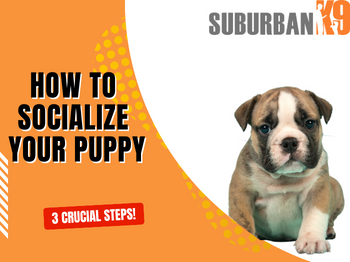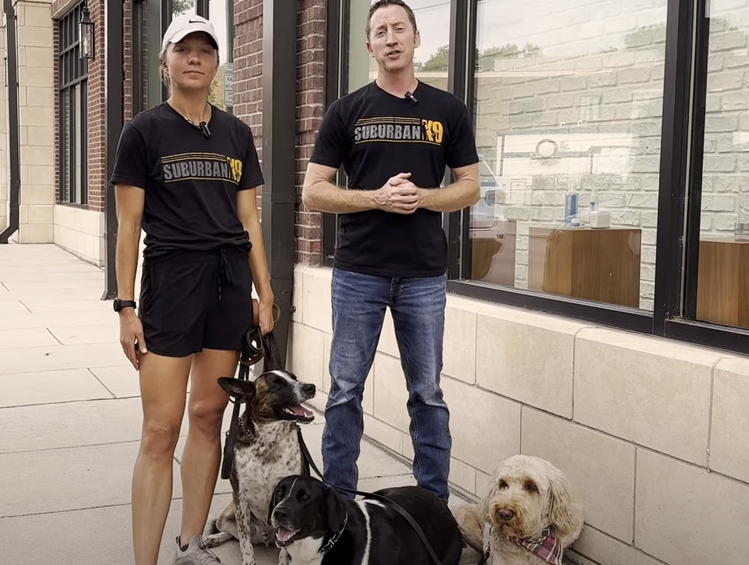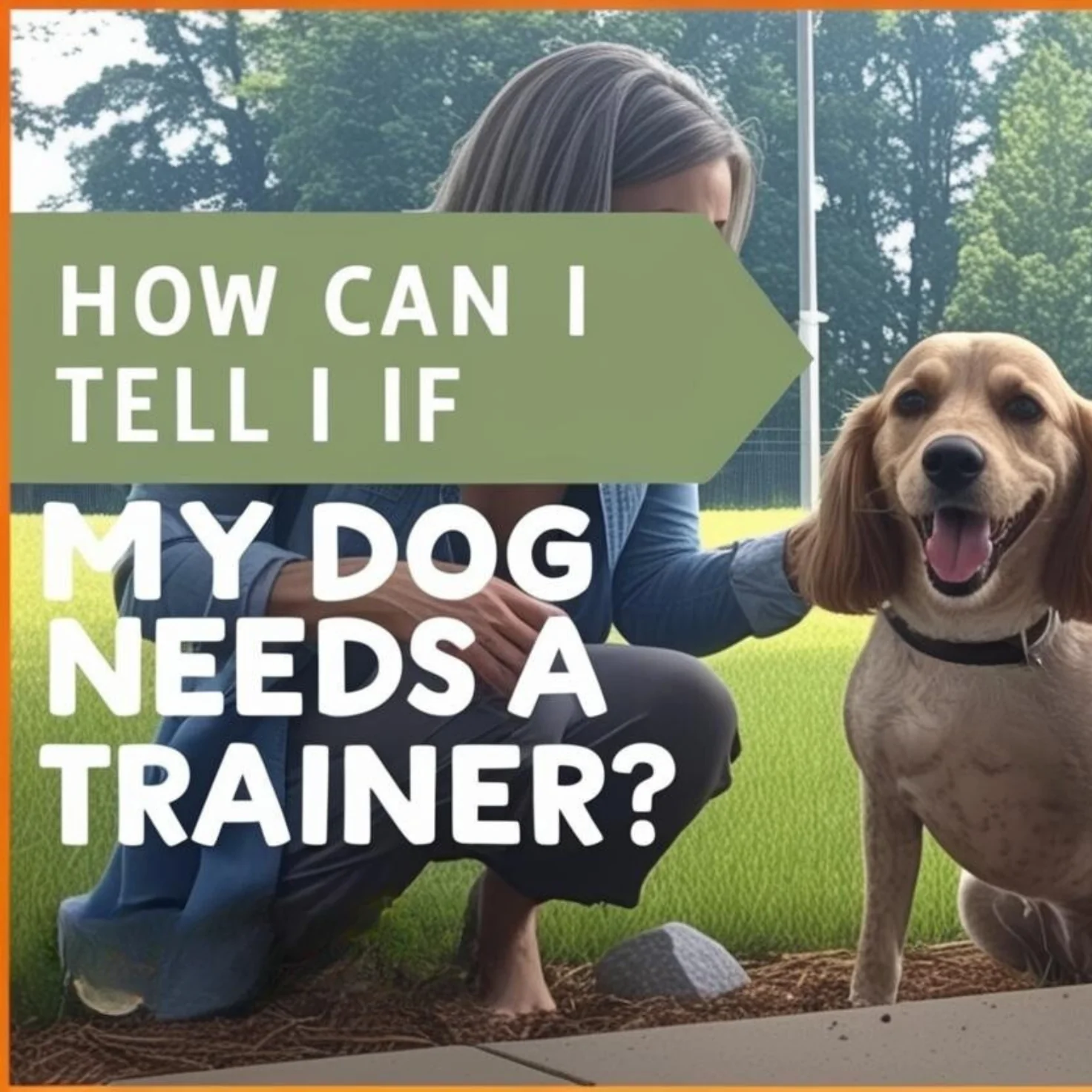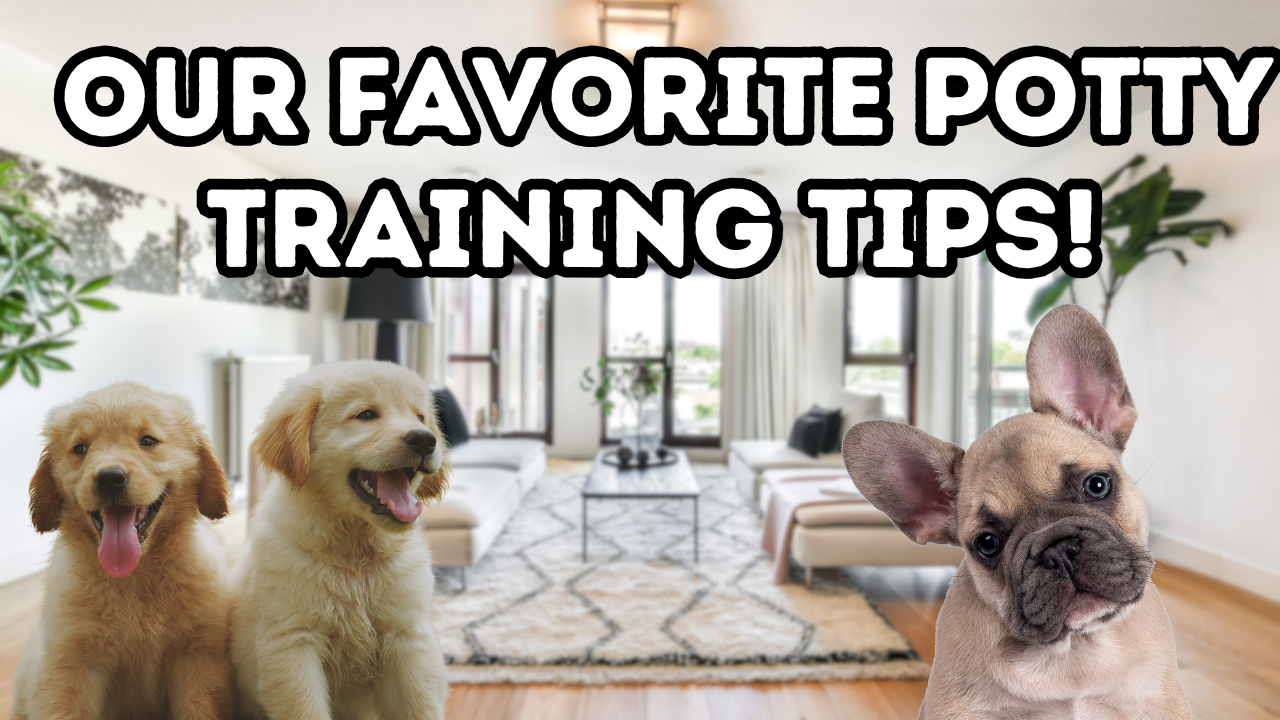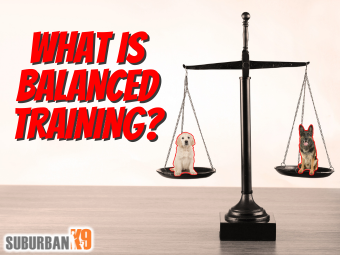What does Properly Socializing a Puppy Mean?
Are you looking to learn how to socialize your dog? Socializing a puppy properly is the best thing you can do for them! Socializing is simply the process of teaching your puppy what is normal in the human world. Proper socialization ensures that they understand what the world is like and how they are supposed to react to things.
Dogs just like people will always encounter things they have never seen before. When socialized they will have the right skills to know how to deal with these new situations. The good news is that puppy socialization is not hard and will be a fun and positive experience for both of you! In this article we will explore how to socialize your dog.
It is crucial to understand that socialization is more than simply introducing your dog to a bunch of people. You also need to socialize your dog with other animals and acclimate them to a variety of environments. Anything they will see as adults should be introduced to them while they are young!
At what Age should You Start Socializing a Puppy?
Unfortunately, many people wait too long to socialize their dog and set them up for a difficult life. A dog that is not socialized properly has a drastically higher chance of showing fear or aggression later in life. According to the Animal Humane Society is one of the best ways to ensure a friendly and confident adult dog!
Socialize Dogs Early, It's the Best Way to Socialize a Puppy!
Many people with good intentions will tell you not to socialize your puppy until they have all of their shots. If you follow this advice you will be waiting until roughly sixteen weeks of age before socializing your puppy and this is too late! Puppies go through something called the Critical Socialization Period from six to sixteen weeks of age. This is the time that their little brains are like sponges, soaking up all the information about the world. After sixteen weeks a dog’s socialization window has closed and raising a well-adjusted dog becomes far more difficult.
The reason many puppy owners are told to wait until the dog has all of his shots is due to a perceived risk of Parvovirus and Distemper. Your young puppy will receive a 3-in-1 shot for Distemper, Adenovirus and Parvo (DAP) and this shot will be given 3 times before 16 weeks of age. Until receiving the third shot, there is a chance that your puppy is not fully protected from these diseases.
Take Precautions Socializing a Puppy Before Fully Vaccinated
Don’t worry, if you socialize your puppy properly and take adequate protective measures, the risk of them contracting Parvo or Distemper is extremely slim. Let’s start with some don’ts. Don’t take a puppy who is not fully vaccinated to the dog park; don’t take them to pet stores; don’t let them wander around sniffing in areas where many dogs or animals have been; and don’t let them meet adult dogs unless you are 100% sure the adult dogs are vaccinated and healthy.
What should you do to socialize your puppy before they are fully vaccinated? There are a lot of fun and safe ways to socialize a puppy! Many people have puppy parties where they invite friends and family over to meet the new addition. Make sure to invite men, women, children, people with beards, small people, large people, and people with different skin colors, to name a few. Basically you are trying to expose the puppy to as many unique people as you can. We recommend introducing your puppy to at least one hundred people by the time they are 14 weeks old.
Is it Ever Too Late to Socialize a dog?
While the key socialization window occurs at a young age, it doesn't mean that you can't socialize your older dog. Doing so will certainly take more work, but any dog can benefit from socialization exercises. Even if your dog is five years old taking them out and introducing them to things and helping them understand how to interact is a good idea. If your dog has had very little prior socialization work slow and pick things that your dog is somewhat accustomed with before working up to things, you have noticed they might have an issue with.
Getting Started with Socializing a Puppy
We will look at socializing your pup with different animals, humans and in public places. Each of these is an important category! If you want help with getting started on Socializing your pup, complete a price quote today, and see how we can help!
Socialization dogs with other dogs
Most young puppies love other dogs, but this doesn’t mean your job is finished! If you do not introduce your puppy to a large number of other dogs they stand a very real chance of developing dog aggression later in life. Take the time to introduce your puppy to as many other dogs as you can. You need to limit the number of dogs they meet before they are fully vaccinated, but after their third round of DAP it is off to the races!
Make sure that your dog meets a huge variety of dogs. You want them to meet big dogs, small dogs, male dogs, female dogs, etc. Your trainer can also recommend some additional socializing based on the breed of your dog. For example, dogs with high prey drives such as German Shepherds should be highly socialized with small dogs to help prevent future issues. It is also important to make sure your dog meets a lot of dogs of the same sex. Generally speaking, dogs are more likely to not get along with same sex dogs when they reach adolescence or adulthood, and additional socializing can help prevent this.
Socializing a Puppy to Other Animals
You should also introduce your puppy to any animals that they may need to coexist with in the future. Most puppies will love a cat when introduced properly, but it may be a different story when your little puppy is two years old. An adult dog that meets a cat for the first time may instantly consider the cat to be prey and this can lead to disastrous results.
Socialization a Puppy with people
When working with people we want to make sure that we cover a lot of different bases. We create a checklist to ensure the pup gets to meet; men, women, children, people with beards, small people, large people, and people with different skin colors. You are trying to expose the puppy to as many unique people as you can so that they understand that people come in different shapes, colors, smells, etc. We strongly encourage your puppy to at least meet one hundred people by the time they are 14 weeks old.
Your first interactions to socialize your pup should be with people wo won't overwhelm your dog. Choose friends that will listen to instructions that you give them and can calmly meet and greet our pup! Once those greetings go well, you can branch out to additional people to really start and increase your numbers.
Introduce them to different places and objects
When you are socializing a puppy it is easy to forget a very important part of raising a well adjusted dog: acclimating them to all the environments, noises and sounds that they will experience throughout life! This includes trucks, buses, cars, bikes, horns, hats, jackets and every other part of daily life. When a dog is properly socialized they should be able to walk down a busy city street full of people, dogs, and cars without any fear. If your dog doesn’t see a big city until they are a year old you may be in for a surprise. They may be terrified!
Great Places for Working on Socializing a Puppy:
We like to take pups out to real world locations to meet people and see all the sights and sounds they offer. Here are some of our favorite places to take dogs for socialization training, it may surprise you that these places allow dogs.
- Home Depot
- Outdoor Malls
- Bass Pro Shops
- Home Goods
Are Group Classes Good for Socializing a Puppy?
Group dog training classes are a great way to get your pup around lots of people and other dogs. It saves time on having to go out and look for other dogs and people to meet you pup. We generally don't recommend group classes to our customers. A big part of this is the lack of one-on-one coaching from the trainer as their attention is divided by how many people and dogs are in the class. This can keep you from getting the best advice for your situation. We would always recommend some form of private training to ensure you get the best service.
We actually recommend our In-Home Training to many people looking for socialization help. While the name of the training is In-Home, that can be somewhat misleading. The lessons can actually take place anywhere and a trainer will work with you to create a socialization plan and then help you work through it.
Take it slow and have fun!
Whether you are introducing your dog to people, other animals, new objects or new locations it is important to take it slow! Do not take an eight week old puppy to downtown Chicago for the afternoon. If you overwhelm your puppy and scare them you can actually sensitize them to a stimuli. That means they will become more stressed each time they see it rather than less stressed. That is the exact opposite of what socialization is meant to do! Practice walking your puppy on leash in public and ease them into each situation. Use this time to practice leash skills so that the dog can get used to walking calmly past new things. If your puppy looks scared it means you have pressed him way too far and need to remove him from the situation. The goal here is to have ALL positive interactions. If your puppy seems fearful when you are socializing him it is important to immediately notify your trainer. They can assist you in the process of desensitizing your dog to whatever is scaring him. Don’t worry, fear can be overcome, but it is important to start as soon as possible! Socializing your dog is incredibly important and incredibly fun. If you follow these guidelines the odds of your puppy growing up happy and social are extremely high.
With our In-Home Training Sessions an expert dog trainer can help you work on your pup's socialization. This can include making a plan and helping you work through it!
